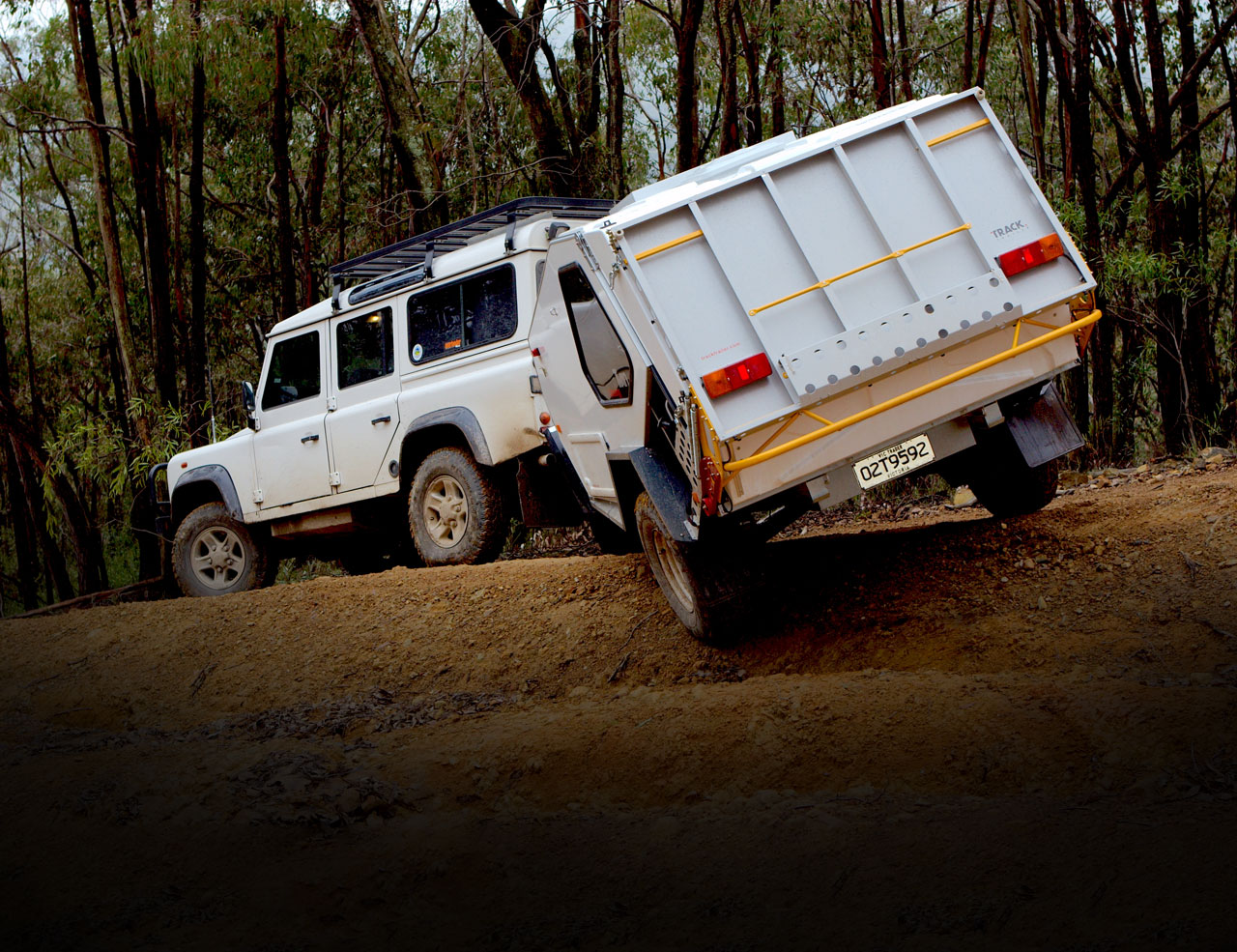Shower Power Guide
When heading bush, it’s easy to go days without a shower but even after three days, I hate myself enough to pull out some baby wipes. Thankfully, there are some great options out there, ranging from downright cheap to having to switch from steak to snags to afford them, that will have you clean and smelling better in no time. The only problem now is not getting caught in your birthday suit while enjoying a shower in the bush. Most options have multiple uses so that makes them even more beneficial.
Portable LPG Hot Water Units
These little units are perfect for those who carry LPG and love the thought of hot water on demand. It’s as easy as hooking up to the gas bottle, connecting a water source and attaching a shower hose. Turn the dials to adjust water flow and temperature, flick the switch on the shower head and within seconds you will have instantaneous hot water. An easy to read LCD display allows you to accurately monitor the water temperature, with a safety gauge restricting it to a maximum of 50°C.
A water pump is required to enable you to pull water from almost anywhere, be it a bucket, jerry can, river or lake, however it must be connected to 12V power. A couple of D-cell batteries are used for the ignition system.
Portability: 3/5
Ease of use: 4/5
Environmental: 4/5
Propane Heated Units
Portable hot water units that use propane are similar in size and weight to the LPG units but offer greater versatility when it comes to showers. They can be set up anywhere you like, however, the shower hose isn’t very long so needs to sit on something flat (table, bull bar). They can suck a bit of gas too, so a propane bottle will only last a few showers. You can buy a POL hose kit to run the units using LPG.
Some models do come with their own collapsible water storage container that folds up small when empty. The battery that runs the pump lasts less than the propane bottle so keep that in mind. The LCD displays temperature control with some units restricting water temperature to 50°C +/- 2°C while others heat water to 30°C above source water temperature.
Portability: 3/5
Ease of use: 4/5
Environmental: 3/5
Heat Exchange Units
When I began 4WDing, a heat exchanger under the bonnet was a popular choice for tourers. Most units can be a DIY install, but you must be confident in what you’re doing as you’ll need to cut into the heater hose. Some coolant will be lost during the install so make sure you have some to top up your radiator. They heat water by running engine coolant through a copper coil at the same time as water passes through the unit.
The temperature can be altered by adjusting the heater switch in the vehicle cab. If a 12V pump is installed as well, you can pull water from almost anywhere and enjoy a hot shower. Otherwise, a portable pump can also be used to suck water from a bucket or jerry can.
Portability: 4/5
Ease of use: 4/5
Environmental: 2/5
Solar Heated Units: Road Shower/PVC Pipe
DIYers have been constructing PVC tubes to use as water carriers/showers for years. Recently a bloke in the US modernised the designed, constructing them out of black aluminium and named it the Road Shower. With three sizes (15, 26 and 42 litres), the latest models can be pressurised via household water pressure or with compressed air. These units can get scalding hot, so it is best to test the temperature before stripping a layer of skin off your body.
Portability: 5/5
Ease of use: 5/5
Environmental: 5/5
Solar Showers
This is one of the cheapest and simplest options. The solar showers are compact and roll up easily when not in use and most units take up to 20 litres of water. All you need to do is fill them up and lay them in the sun with the black side facing up and you will have hot water within a few hours. But remember, 20L = 20kg so you need some strength to lift it over your head to hang on a tree branch at a height where the hose hangs down. If the hose has an upward direction, the flow is severely restricted.
Portability: 5/5
Ease of use: 5/5
Environmental: 5/5
12V/240V Units
Popular in RVs, the Duoetto Portable Hot Water System is a unit that switches automatically to 12V when no 240V is detected. Power hungry when on 12V the unit draws 25 amps. The water temperature is selectable between 30-75°C on 240V but fixed at 70°C on 12V. The unit holds 10 litres of water in its stainless steel tank (weighs 16kg when full) and takes around 20 minutes to heat up, as well as connecting to a water source to add cold water. A 12V water pump is also required. Perfect for a Troopy, not sure it will fit in a Jimmy though.
Portability: 2/5
Ease of use: 3/5
Environmental: 3/5
Sticking to the Basics
Sometimes the simple things in life are the best. A metal bucket and 12V camp hose with pump, canvas bag with shower rose or eco pocket showers full of water heated on a fire or stove is perfect for the job. Simple and easy, unless of course you’re Russell Coight.
Portability: 5/5
Ease of use: 5/5
Environmental: 4/5
Baby Wipes (Rubbish Choice)
Wet wipes aren’t just for cleaning a baby’s bum, they are perfect for ‘freshening’ up when water is scarce, or you don’t have any of the above options. They do however increase landfill, block sewers and septic systems and burn poorly.
Portability: 5/5
Ease of use: 5/5
Environmental: 1/5









